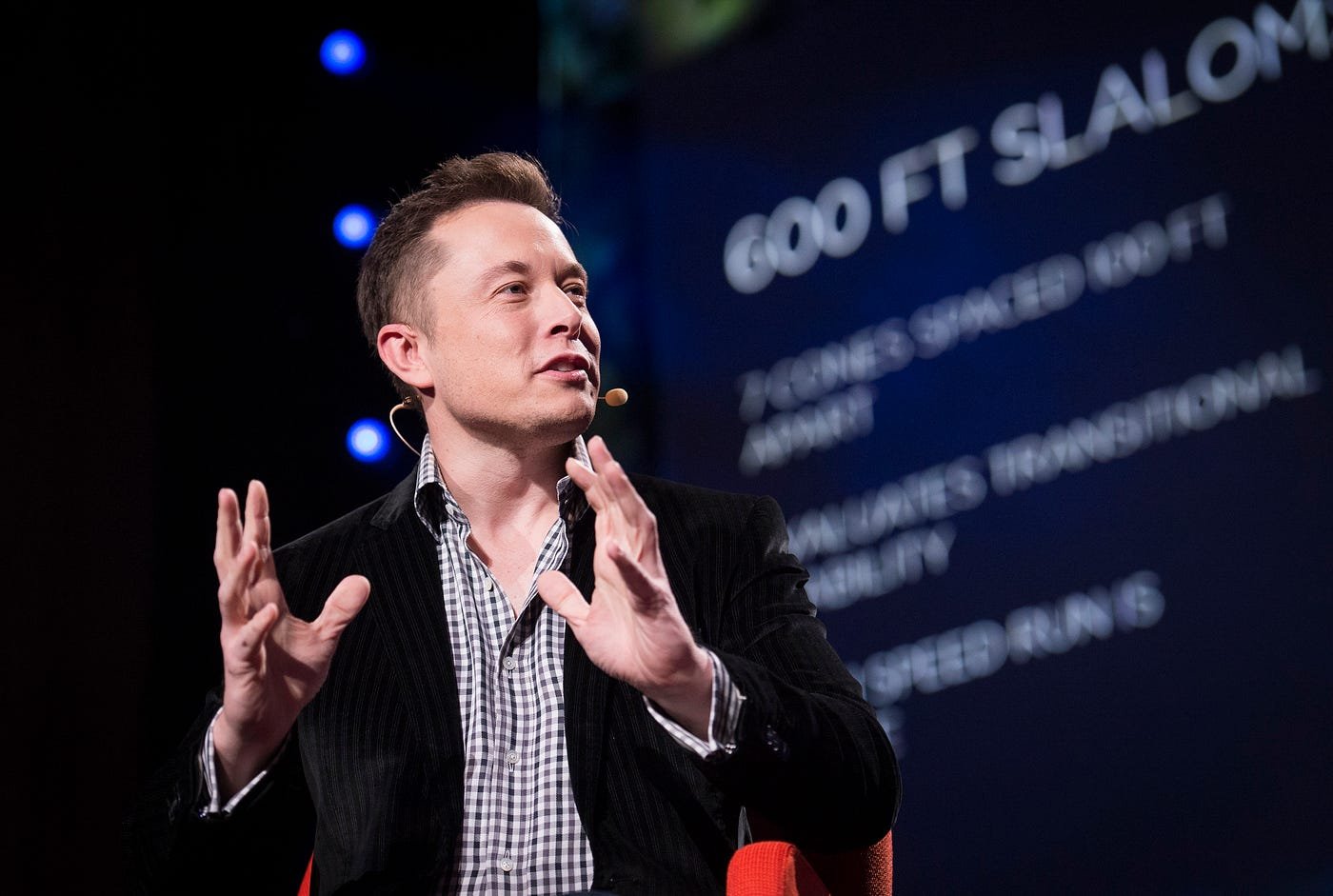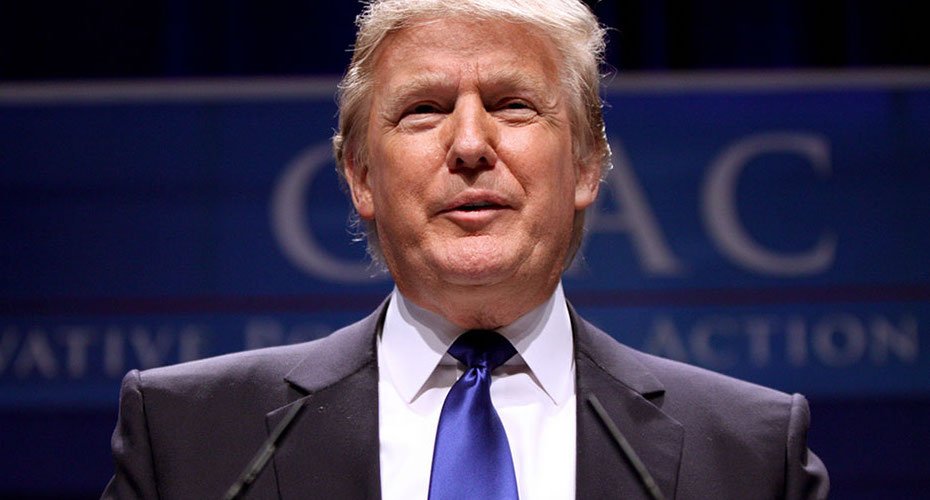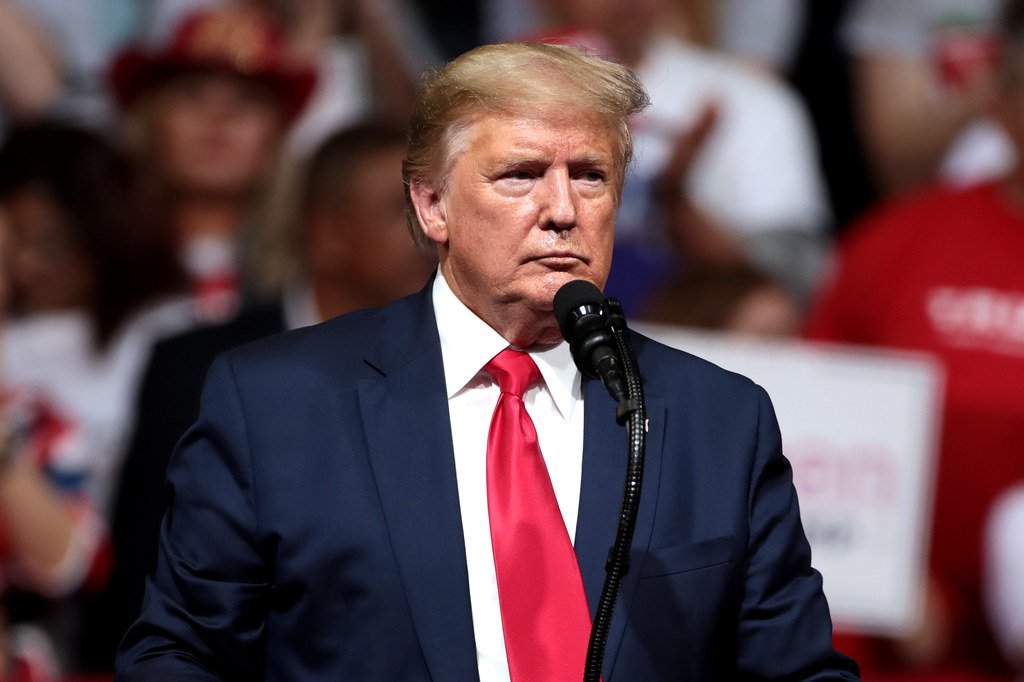By BlogHear Newsroom
Date: May 29, 2025
Elon Musk has announced his departure from the Trump administration, bringing an end to a high-profile, controversial tenure as head of the Department of Government Efficiency (Doge), a position he used to aggressively push federal downsizing.
In a post shared on his social media platform X, the billionaire entrepreneur thanked former President Donald Trump for the opportunity to help “reduce wasteful spending” across the U.S. government. Musk’s exit, though anticipated due to his temporary role status, follows growing tensions over Trump’s latest budget bill.
“As my scheduled time as a Special Government Employee comes to an end, I would like to thank President @realDonaldTrump for the opportunity to reduce wasteful spending,” Musk wrote on X. “The @DOGE mission will only strengthen over time as it becomes a way of life throughout the government.”
Role at Doge and Federal Job Cuts
As a “special government employee,” Musk was legally allowed to work a maximum of 130 days annually in his federal role. His time at Doge was marked by sweeping actions to downsize the federal workforce.
Since the launch of Doge, approximately 260,000 federal civilian employees—out of a workforce of 2.3 million—have either been laid off or taken voluntary redundancy packages. However, the abrupt nature of the cuts drew criticism and legal challenges. Several federal judges ordered the reinstatement of wrongfully terminated staff, including some tied to sensitive programs like U.S. nuclear operations.
Musk originally pledged to cut $2 trillion from the federal budget, though this figure was later reduced dramatically to $150 billion.
Clashes with Trump Policies
Musk’s resignation came just one day after publicly criticizing the Trump administration’s new budget bill, which proposes significant tax cuts and boosts in defense spending.
In a CBS interview, Musk said the budget “undermines the work” of Doge, adding: “I think a bill can be big or it could be beautiful, but I don’t know if it could be both.”
He also expressed frustration over Doge becoming a “whipping boy” for wider political failures, stating: “Something bad would happen anywhere, and we would get blamed for it even if we had nothing to do with it.”
Backlash and Business Impact
Musk’s role in the Trump administration drew backlash that spilled over into his business empire. Tesla, his electric car company, saw a 13% drop in vehicle deliveries during the first quarter of 2025—the steepest decline in the company’s history.
Tesla’s stock also fell by up to 45% earlier this year, although it has since partially recovered. Activists staged boycotts and protests at Tesla dealerships, and there were widespread incidents of vandalism targeting Tesla vehicles and infrastructure.
In response, U.S. Attorney General Pam Bondi declared that her office would treat such acts as domestic terrorism.
Looking Ahead
Musk has confirmed he plans to shift his focus back to Tesla and other ventures. Speaking in Doha, Qatar, at a global economic forum, Musk said he remains committed to leading Tesla for the next five years.
He also announced he would scale back political donations after having spent nearly $300 million supporting Trump and Republican campaigns in 2024.
While Musk’s time in the Trump administration was brief, its impact—particularly in terms of federal job cuts—has been significant and controversial. With his return to full-time business leadership, questions remain over the future direction of Doge and whether the government will continue its rapid cost-cutting agenda without its most high-profile advocate.
For more political tech news and updates, visit BlogHear.com—your trusted source for breaking headlines and smart analysis.




